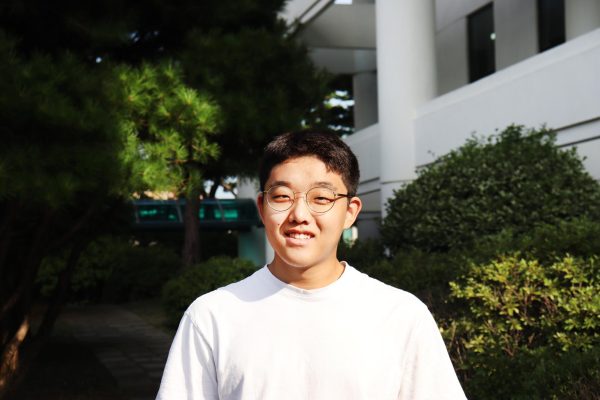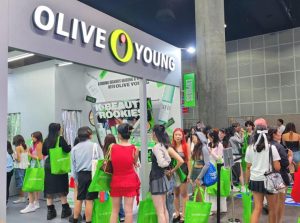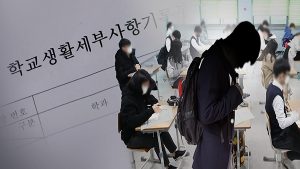Quarantining is not for everyone
Sep 12, 2021
Many are seeking to travel internationally amidst the COVID-19 pandemic, but having to go through the mandated two week quarantine can turn many away. However, for fully vaccinated individuals entering Korea, there is a way to avoid quarantining following the official process.
“I was vaccinated in the US, and before coming to Korea, the Embassy gave us a quarantine pass.” Andrew Shin (10), a student vaccinated in America, said. “Because of the pass, we did not need to quarantine, but we still had mandatory, daily health checks through a government-managed mobile application.”
Beginning on Jul. 30, no matter the location of vaccination, all individuals fully vaccinated can be exempt from quarantine if fulfilling certain requirements, whereas previously, only individuals fully vaccinated in Korea were considered.
The process of exemption still has its complications. An individual needs to get all doses of the vaccine at least two weeks prior to entering Korea and the doses must have been administered in the same nation.
“Even though I had been vaccinated in the US with two doses of the Pfizer vaccine, I still had to be quarantined for two weeks.” Melissa Kim (10), a vaccinated student, said. “This is because I returned to Korea less than two weeks after being vaccinated.”
Even after fulfilling the two requirements, individuals must be visiting immediate family, entering Korea for humanitarian, academic, and business purposes, or serving public interest in order to be exempt from quarantine.
“I had to throw away two weeks of my life quarantining after returning from a competition,” Michelle Bok(11), a vaccinated student, said. “When I returned to Korea, I hadn’t been vaccinated for two weeks, meaning I wasn’t considered fully vaccinated yet.”
Exemption approval process is not yet over. After entering Korea, any incoming individuals must submit a negative PCR test result produced within 72 hours of entry to fully qualify for the quarantine pass certificate. If they fail to submit the test result, the 72-hour expiry for the PCR test result passes, or the test result is positive for COVID-19, they will be required to quarantine for two weeks.
Andrew said that even with all the requirements met, he only received the quarantine exemption. The current vaccination incentives by the Korean government now allows parties of up to six people in public places as long as four of those individuals are vaccinated, although this does not apply to those that were vaccinated in a foreign nation.
“Although my vaccination card and record of vaccination is recognized by the Korean government, none of the social distancing exemptions apply,” Morgan Davis, high school counselor, said. “I also did not qualify for exemptions from quarantines after re-entering Korea.”
Overall, the purpose of the Korean government setting up this process is to revitalize the travel industry. Although the Korean government is making an effort to open all exemption rules to nations that South Korea allows unrestricted travel with, there are difficulties specific to each individual nation. A visit to the nearest South Korean embassy would clarify specific details.
If the COVID-19 situation improves, students traveling abroad to participate in competitions and activities may be possible in the upcoming year. Despite the possibility of a mandated quarantine hindering academic participation, this quarantine exemption procedure could promote easier and immediate transition back into their daily lives.
“All of the seniors got vaccinated, and I know that a lot of staff members would qualify for an exemption, but since not everyone is vaccinated, it is still unclear how school trips abroad would work,” Mr. Davis said. “A lot of foreign nations also require everybody regardless of vaccinations to quarantine for two weeks, so it is very uncertain how events will play out.”







